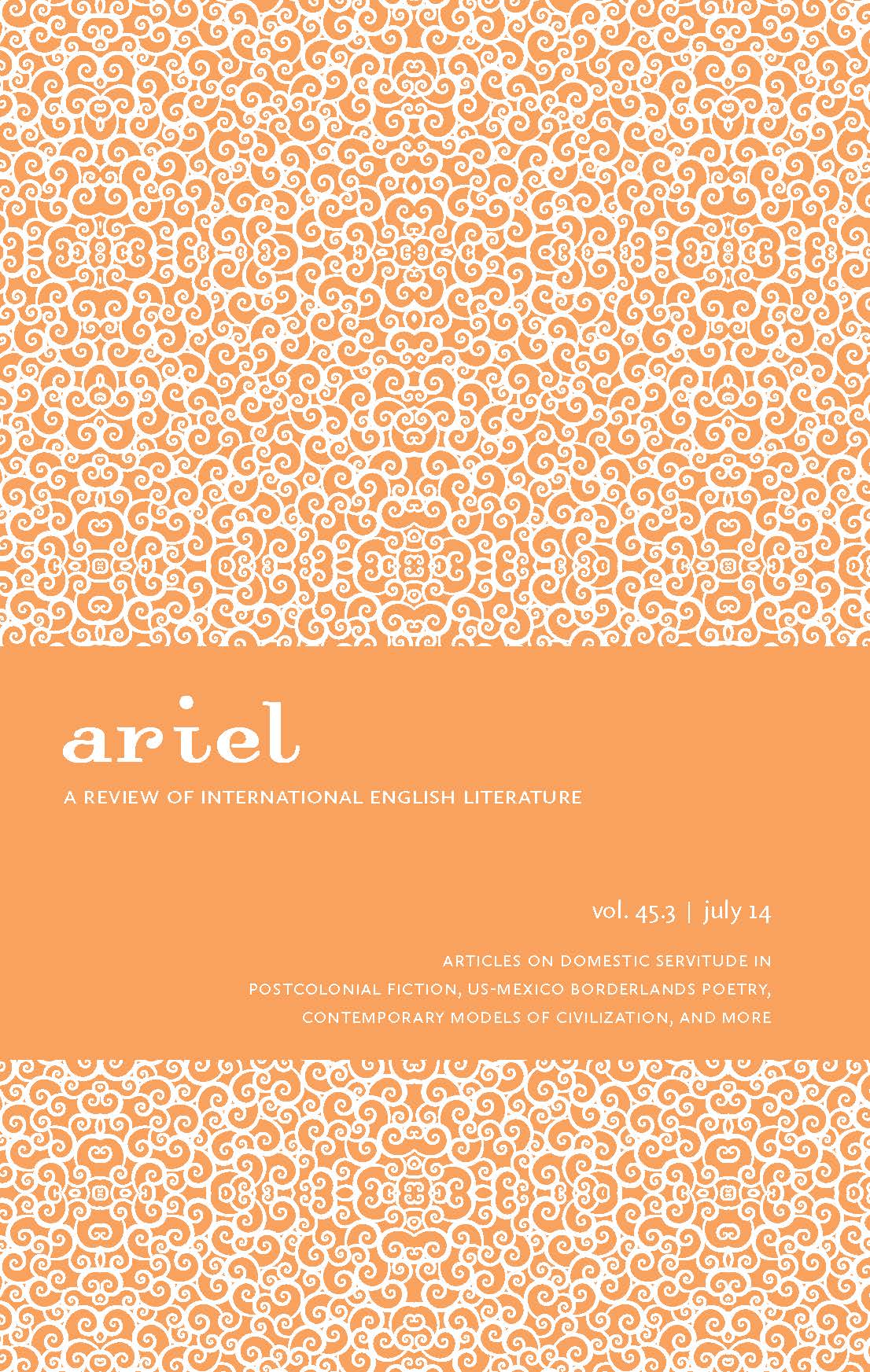Toward an Inoperative Civilization
Keywords:
civilization, Giorgio Agamben, Hans-Georg Gadamer, Jean-Luc Nancy, J.M. CoetzeeAbstract
The unapologetic re-emergence in recent years of the term "civilization" in American foreign policy circles and best-selling books merits closer scrutiny. This paper will examine two different views of civilization that have attracted recent critical attention. The first presents a rather militant defence of civilization. In this view, civilization regards itself as an exception to the very laws and principles on which it is founded, thereby enabling it, in the name of the civilizing (or pro-democracy) mission, to exert force or violence on those others who threaten civilization (also known as "barbarians", "savages", "terrorists", or "enemies of democracy") and who are also, conveniently, in a state of exception from civilization and can therefore be subjected to its violence. the second model of civilization reflects a certain liberal optimism. Rather than precipitation "clashes", civilization, in this view, is not about arrogating exceptionality to itself or exploiting the vulnerable exceptionality of others, but abouit the expansion and fusion of horizons and the need to engage in a dialogue about exception or exclusion. In describing these two views, I will note the violence inherent in the model of civilization as an exception and the difficulties that confront the dialogical model. Drawing on the work of Jean-Luc Nancy and Giorgio Agamben and on J.M. Coetzee's novel Waiting for the Barbarians, I will then conclude with some reflections on the need to revise our current views of civilization by sketching an alternative possibility--the possibility of an inoperative civilization.


